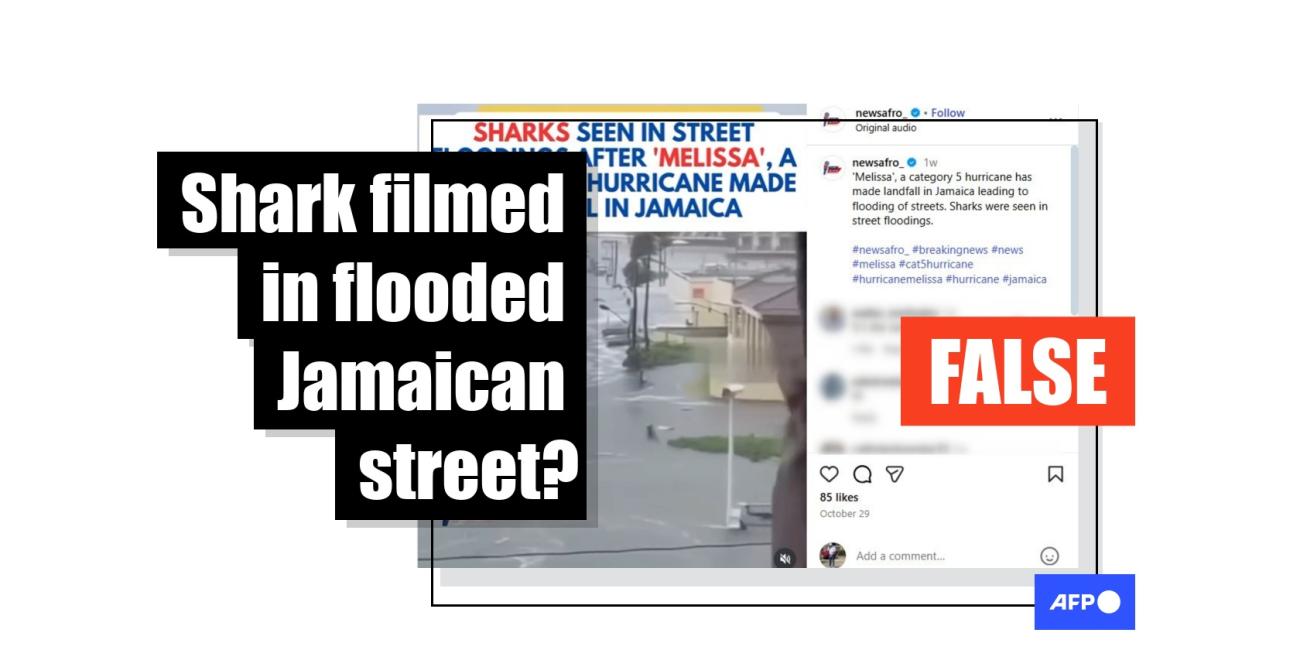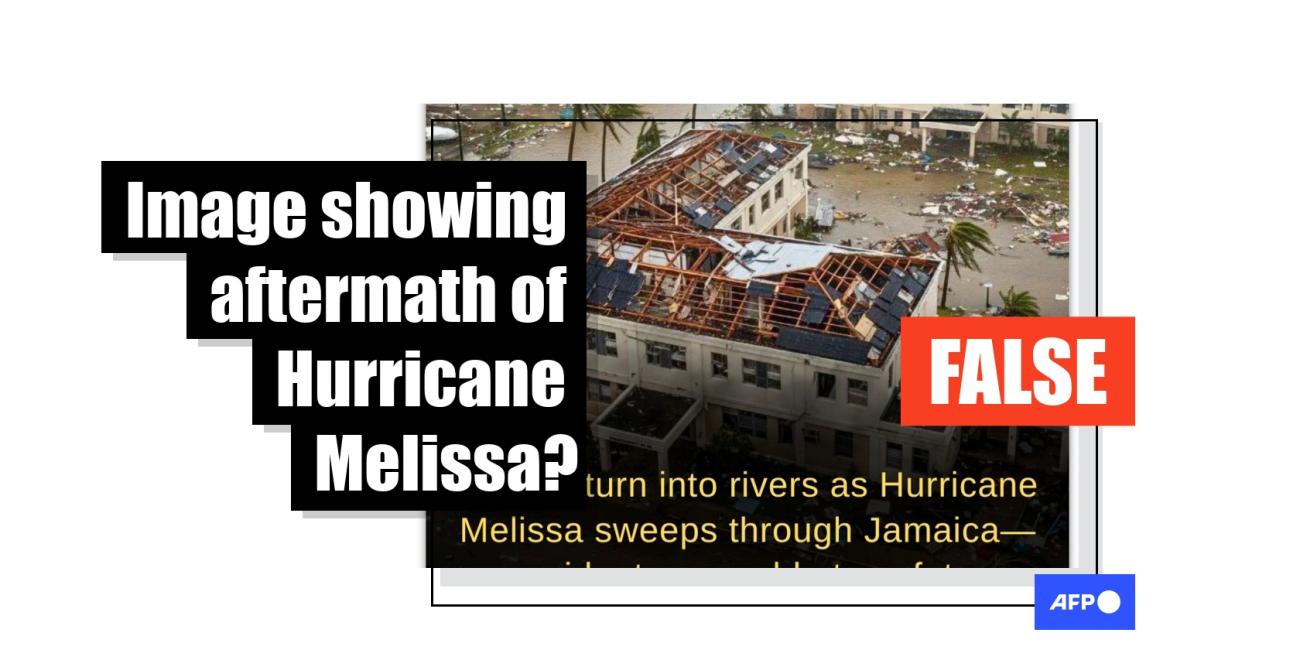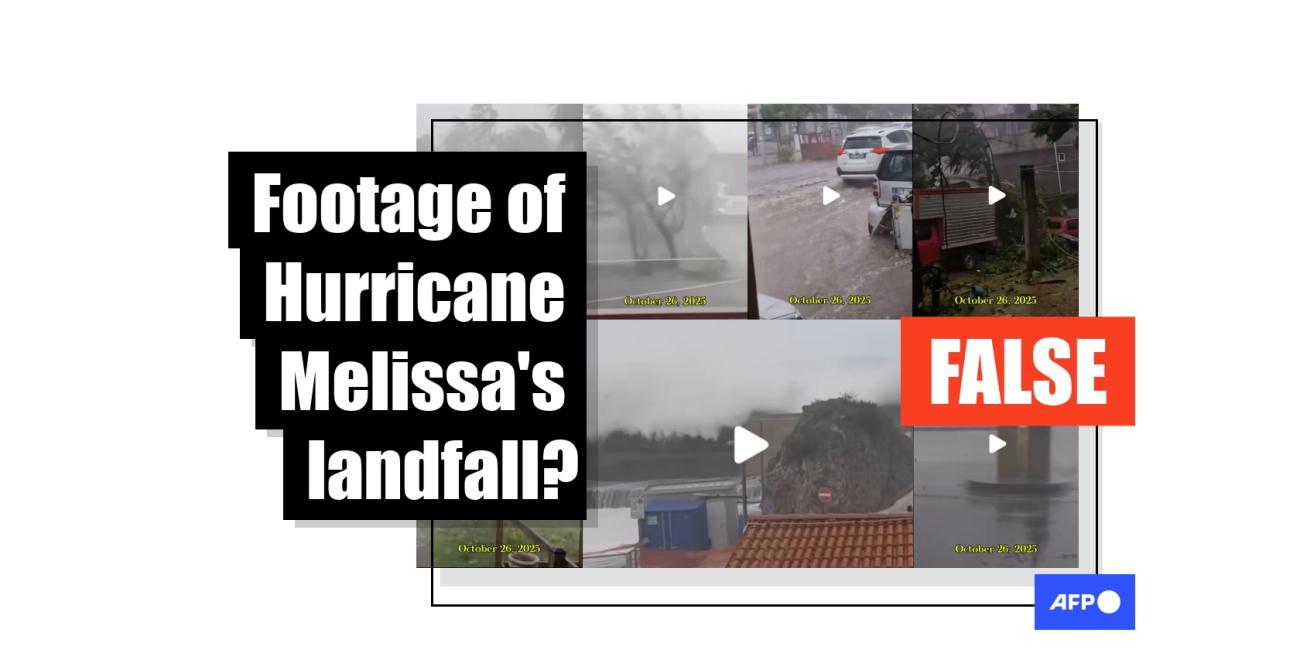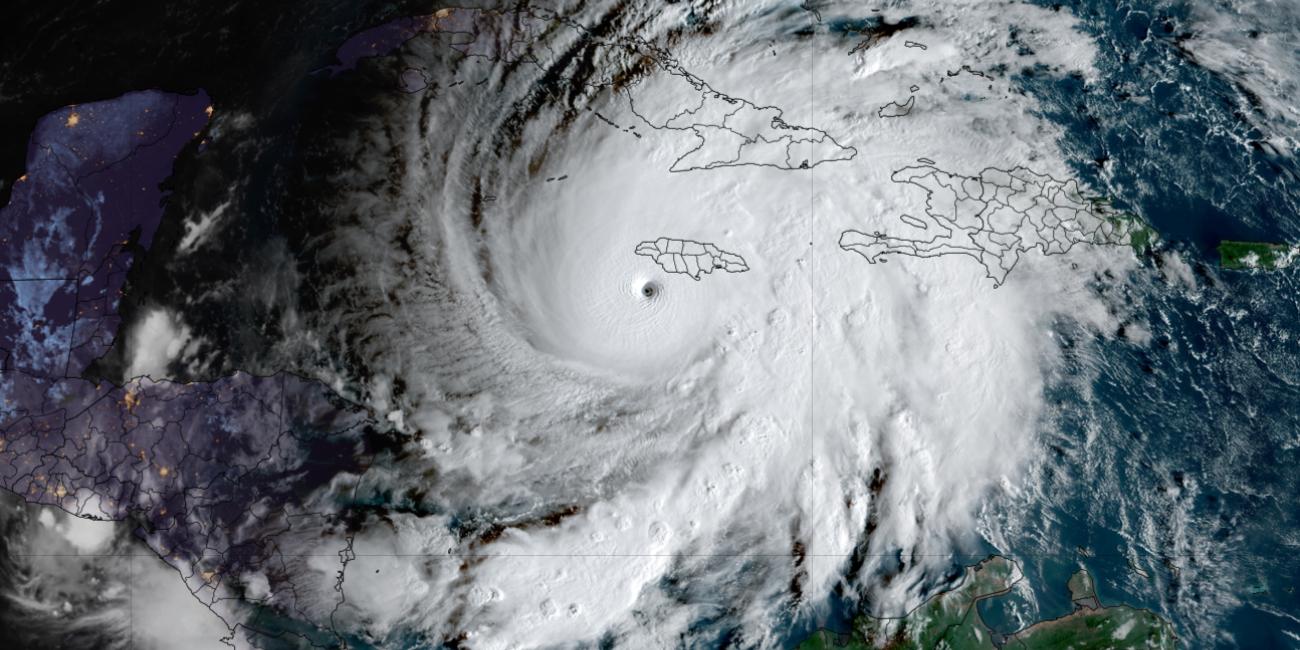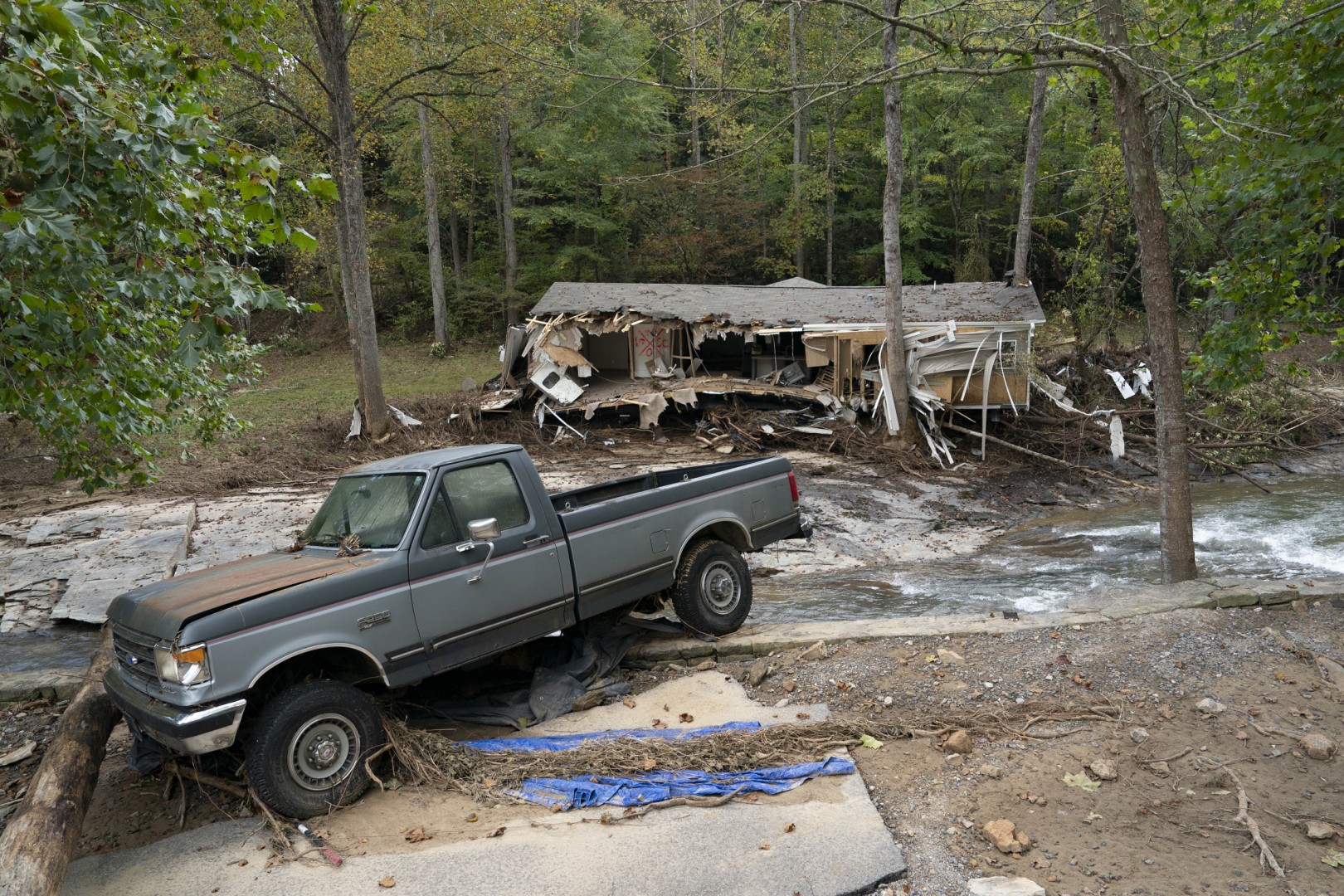
Misinformation swirls over $750 assistance for US hurricane survivors
- This article is more than one year old.
- Published on October 8, 2024 at 23:04
- 3 min read
- By Bill MCCARTHY, AFP USA
"The $750 is a loan. It's not free. They're not giving it to you. It's a loan," a man says through tears and against the backdrop of dramatic music in an October 4, 2024 TikTok video with more than 425,000 views.
"And if you don't pay back that $750 loan within a year, they're going to seize your property. So do not take the money."
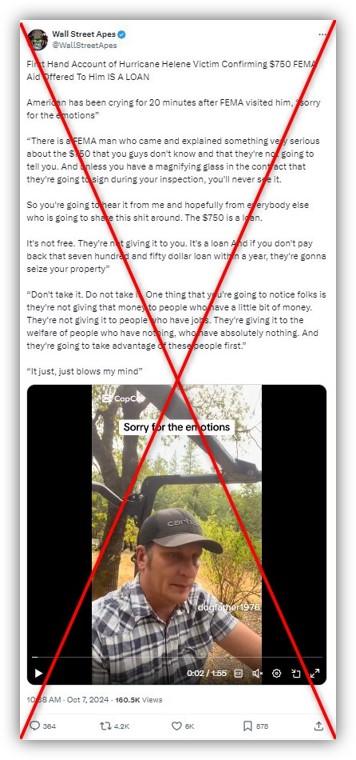
Similar posts -- many sharing the same video -- spread across platforms such as Facebook, Instagram and X after Helene ravaged North Carolina and other states, causing damage estimated at tens of billions of dollars and killing at least 230 people as of October 8.
Misinformation about government aid has flourished online as communities seek relief -- and as the state of Florida braces for another potentially catastrophic storm in Hurricane Milton.
The online claims that FEMA's $750 emergency assistance is a loan are part of that trend.
"This is not true. We do not ask for this money back," Jaclyn Rothenberg, the agency's director of public affairs, said October 5 on X in response to the allegations (archived here).
FEMA referred AFP to its "Hurricane Rumor Response" webpage, which says that "in most cases, FEMA grants do NOT have to be paid back" and that the agency "cannot seize your property or land" (archived here). Another webpage titled "Myth vs. Fact: Disaster Assistance" reiterates that (archived here).
Not a loan
FEMA, which coordinates the federal response to disasters when states request help, is providing the one-time, $750 per-household payments to Helene survivors under Serious Needs Assistance, a program the Biden administration announced in January.
The initiative is meant to "help cover immediate expenses related to sheltering, evacuation and meeting basic household needs," according to the press release introducing it (archived here).
The agency's program reference guide says the money is meant "to pay for emergency supplies like water, food, first aid, breast-feeding supplies, infant formula, diapers, personal hygiene items, or fuel for transportation" (archived here). Survivors who qualify must apply within 30 days of a disaster declaration.
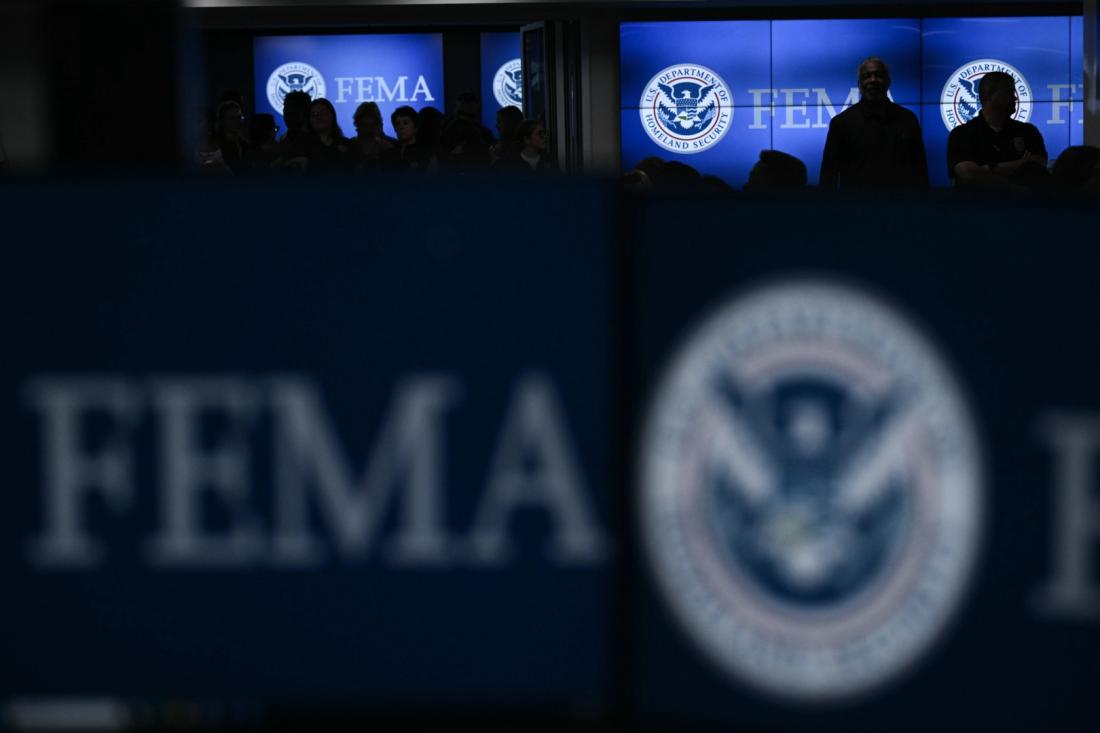
Jason Thomas Barnosky, associate director of the RAND Corporation's Disaster Management & Resilience Program (archived here), confirmed in an October 8 email that the $750 aid is a one-time payment that the agency does not consider a loan.
FEMA's rumor response page says recipients only have to pay the agency back if they get duplicate benefits through an insurance provider or another source.
"If you have insurance that covers your temporary housing costs, but you ask FEMA to advance you some money to help you pay for those costs while your insurance is delayed, you will need to pay that money back to FEMA after you receive your insurance settlement."
More assistance available
FEMA has also pushed back on its website and social media against another false narrative, echoed by Republican presidential nominee Donald Trump, that the agency is capping assistance at $750 (archived here, here and here).
"There are other forms of assistance that you may qualify for to receive and Serious Needs Assistance is an initial payment you may receive while FEMA assesses your eligibility for additional funds," the agency's rumor response page says.
There's a lot of misinformation about our assistance programs & we encourage #Helene survivors to continue applying for support from us. Serious Needs Assistance is one of many benefits we offer - designed to help people with emergency items while their application is processed. pic.twitter.com/KYybHiQVCn
— FEMA (@fema) October 4, 2024
An October 4 press release about Helene relief efforts lists several kinds of additional aid survivors may be eligible to receive, including money to help repair or replace a damaged home (archived here). Other types of assistance could cover the repair or replacement of personal property and the costs of temporary lodging, medical or dental care, funerals, childcare and transportation.
The maximum aid for fixing or rebuilding a home, for example, is $42,500 (archived here). The exact amount depends on the damage assessed during a FEMA inspection.
Those seeking assistance can apply online at disasterassistance.gov, by calling 1-800-621-3362 or by downloading FEMA's app.
AFP has fact-checked other misinformation about hurricanes here.
Nahiara S. Alonso contributed to this report.
Copyright © AFP 2017-2026. Any commercial use of this content requires a subscription. Click here to find out more.
Is there content that you would like AFP to fact-check? Get in touch.
Contact us
